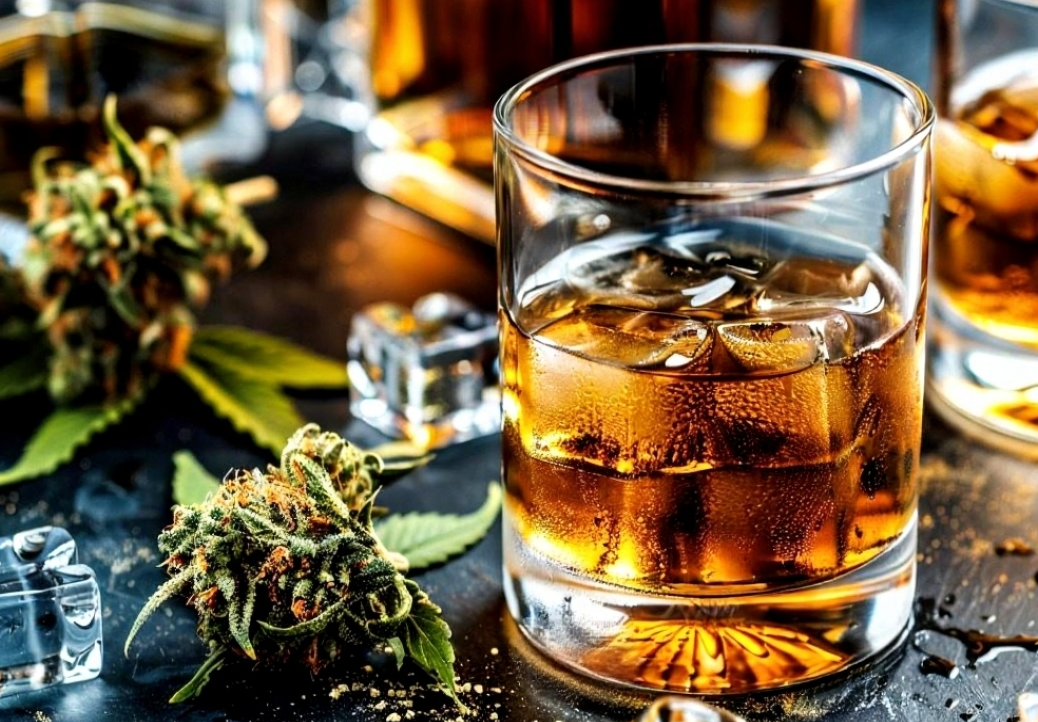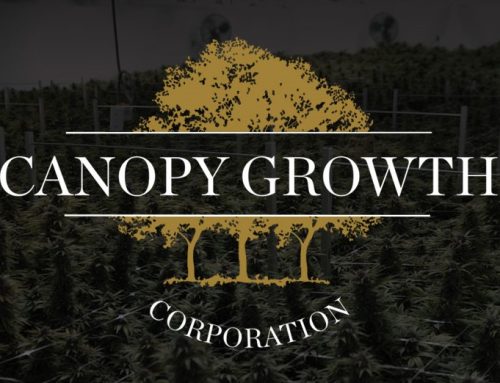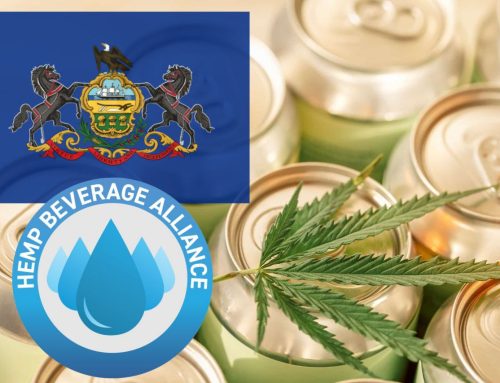Whiskey Maker Trims Footprint as Buyers Turn to Cannabis
SEATTLE – Heritage Distilling Company, a craft spirits producer based in the Pacific Northwest, disclosed plans this week to streamline its operations, pointing to changing buyer habits that favor Cannabis products over traditional liquor.
The company, known for its award-winning whiskeys and vodkas produced at facilities in Oregon and Washington, will shutter its tasting rooms by year’s end and pivot to contract manufacturing arrangements. This move aims to lower overhead costs and emphasize direct sales to customers, according to a statement from the firm.
Jennifer Stiefel, Heritage’s president, described the decision as a way to preserve the brand’s core while adapting to market realities. “Our tasting rooms have been gathering spots for friends and family to savor great spirits,” she said. “We’re giving everyone time to make one last visit and express gratitude to our team.”
Executives at Heritage attributed the restructuring in part to four converging pressures, with two standing out: rising state taxes and rules in Oregon and Washington, plus a clear pivot by consumers away from alcohol toward options like Cannabis. These states, both with established legal adult-use Cannabis markets, offer a stark backdrop for the changes.
The announcement underscores a pattern rippling through the beverage sector. Sales of moderate alcohol have dropped 15% in recent years, particularly among younger buyers who view Cannabis as a milder choice. A recent survey of THC-infused drink users found that nearly 80% have cut back on booze, and over 20 percent stopped entirely. THC beverage volumes, meanwhile, climbed 15% year over year in early 2025, bucking a slowdown in broader Cannabis retail. Among adults under 35, three-quarters now reach for Cannabis at least weekly in place of drinks, reflecting a generational swap that extends to social settings from happy hours to home bars.
This isn’t an outlier for distillers. Larger players, including the maker of Jack Daniel’s, have flagged Cannabis competition as a drag on earnings, prompting some to lobby on federal Cannabis policy. Even Target have begun stocking low-dose THC drinks in select spots, signaling mainstream acceptance. Yet questions remain: Does Heritage’s pullback forecast wider consolidation in craft spirits, or does it highlight how regional rules can accelerate national trends?
For the Cannabis trade, the signals are encouraging but measured. As alcohol volumes soften [down notably among millennials and Gen Z] producers of infused alternatives stand to capture share in a $30 billion U.S. market projected to grow steadily through the decade. Heritage’s case serves as a reminder that substitution effects, backed by buyer surveys, are reshaping both shelves and strategies.
Wrapping up, this episode highlights a maturing tendency:
Cannabis, previously a mere substitute for sobriety initiatives like Dry January, which drew a record number of participants this year, now serves as the go-to for evenings unwound. Investors and operators in both camps would do well to track these crossovers closely as they’re redefining how consumers mellow out at day’s end, swapping shots for sips that linger without the haze.




































